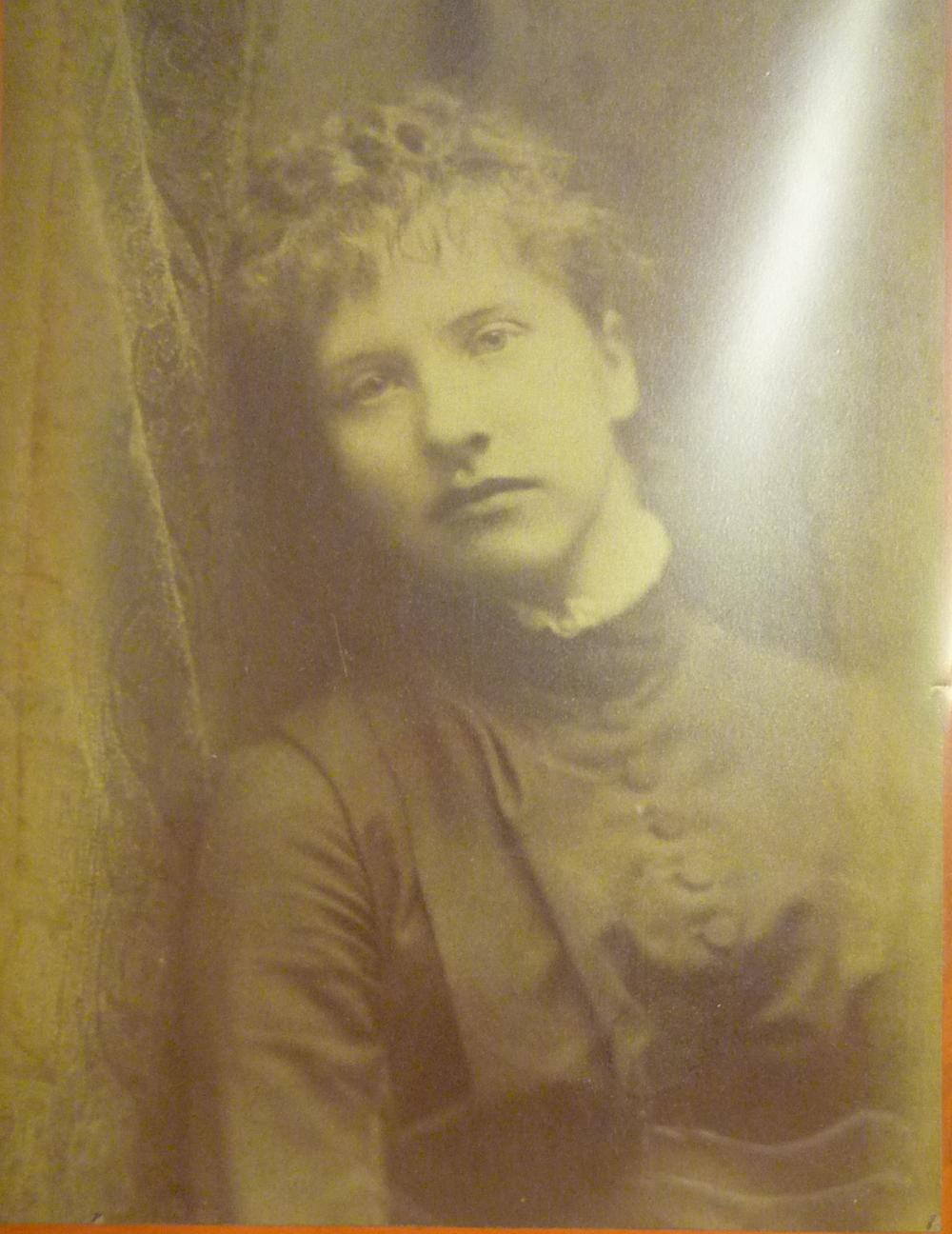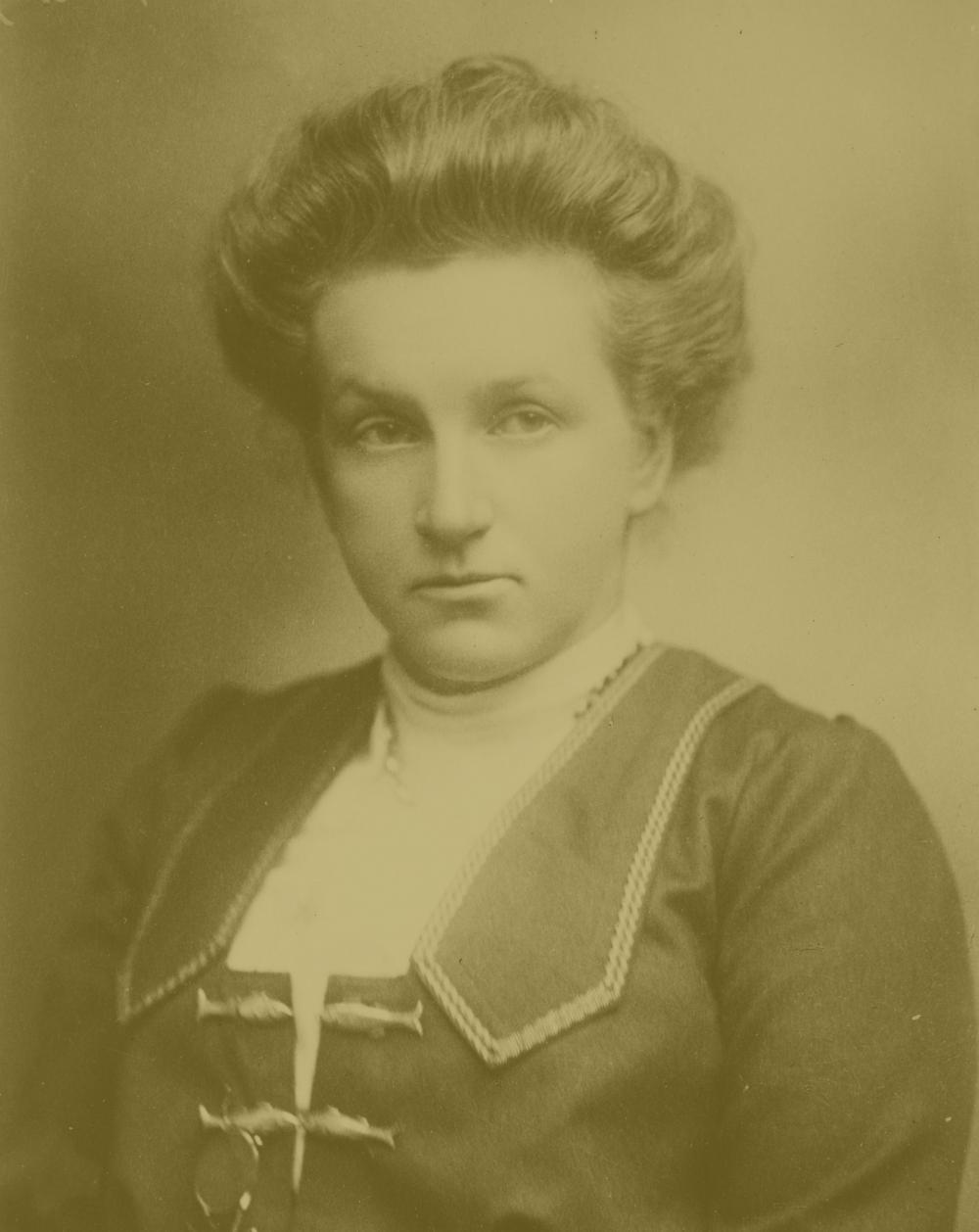2022 Leverhulme Lectures
with
Professor Susan Pedersen (Columbia)
Susan Pedersen is Leverhulme Visiting Professor in the Faculty of History in Jan.-Jul. 2022 and again in summer 2023. She is teaching on the MPhil in Modern British History in Lent 2022 and has organized with Helen McCarthy a working group on writing women’s biography.
‘Balfours in Love and Trouble: living sexual and political change at the fin de siècle’
Tuesday 3rd May
“We are both to have latch-keys”: Ambition, loyalty, and the ménage à quâtre.
Tuesday 10th May
Sex, suffrage, and the séance – or, the search for a new world
Monday 16th May
After decline: writing lives and burning letters
All lectures will be in the Divinity School, St. John’s College at 5.00pm

Through an exploration of two marriages within the Balfour family, these lectures track the way men and women within conservative and elite circles engaged with the political, social and sexual revolutions of the fin-de-siecle. Lady Frances Campbell, daughter of the landed politician the 8th Duke of Argyll, and Lady Betty Lytton, daughter of Lord Lytton, Viceroy of India, married Eustace and Gerald Balfour expecting to promote their husbands’ political careers and dynastic ambitions. But, as times changed, they crafted new family forms and took on new roles.

The first lecture explores the affective ties and collective ambitions that enabled not just Gerald’s but also Frances’s political rise in the 1890s.
The second examines men’s and women’s divergent responses to the democratic and sexual ferment of the prewar years, when Frances and Betty became leaders in the women’s suffrage cause while Gerald lost himself in a secret plan to father, with the medium who became his mistress, a messianic child. The extent to which heterodox and feminist movements colonized even these elite circles sometimes escapes our notice, not least because these families so often purged their records. But because the Balfours were so self-reflective and so literary, and also because they had so many secrets but kept them so badly, they left a rich if tricky array of sources.
The last lecture discusses the selectivity, suppression and dissimulation we find in their archives, and the stories we might make of them.
